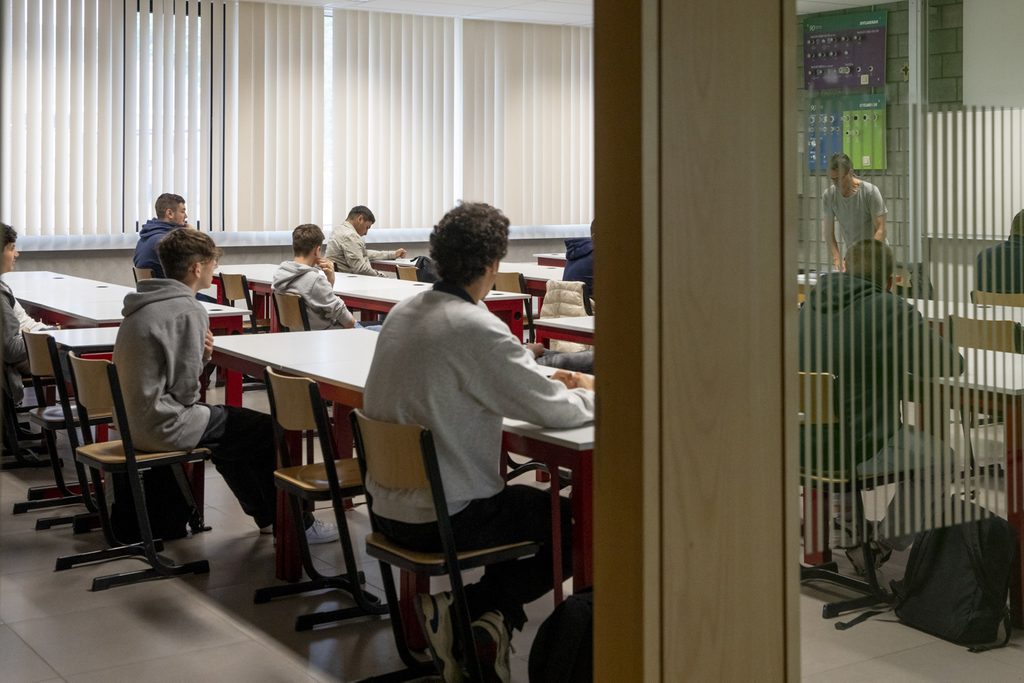While a record number of people made the switch from a profession in the private sector to teaching last year, the teacher shortage in Flemish schools is still as bad or even worse than last year.
Friday 1 September marks the start of the Flemish school year, and as has been the case in the past, this momentous occasion is once again plagued by chronic teacher shortages. While Flemish Education Minister Ben Weyts announced on Tuesday that the education sector recently had a record number of staff members, schools are still reporting shortages.
Weyts stated that the education sector had 208,000 staff members in June, up from 189,000. His measure to combat shortages – by attracting more people from the private sector into the profession by allowing so-called 'lateral entrants' to bring more seniority with them – saw a record 4,697 people start teaching (10% more than the previous school year).
The majority (about 3,000) chose to start teaching in secondary education, where demand is greater. However, the record number of 208,000 teaching staff still appears to fall short.
Demographic issue
The teacher shortage remains a cause for concern and it seems to be getting worse. Figures from the Flemish employment agency VDAB show that there are currently just under 3,200 unfilled vacancies in education (20% more than last year).
Meanwhile, a survey by the Education Association of Cities and Municipalities (OVSG) showed on Tuesday that one in four school headteachers is still looking for at least one teacher.
Six in 10 principals say the teacher shortage in their school is as big (32%) or bigger (28%) than last year. Only 17% say they are experiencing fewer staff shortages, while one in four say they have no issues with a lack of staff at all.
Weyts pointed out that the whole of Flanders is facing difficulties in the labour market, especially in bottleneck professions such as education, but also in health and social care.
However, the shortage is also partly explained by demographics. Not only are there more children (especially in secondary education), but classes are much more diverse than before, as there are more non-native Dutch speakers and people with different cultural backgrounds, who require more individual guidance, and thus more teachers.
Related News
- Absence rates rising among Francophone teachers in Belgium
- Flemish education sector sees 20% rise in staff vacancies
Weyts is looking to launch more 'profiles' in education to fill these gaps, such as 'guest teachers', allowing companies to "lend employees to fill the gaps." However, OVSG's survey shows that principals find the existing set of similar rules far too complex to implement a flexible personnel policy and find a solution to the teacher shortage.
The teacher shortage is not limited to Dutch-speaking schools: just 10 days before school resumed for French-speaking students on 28 August, hundreds of teaching positions were still unfilled. As of 17 August, there were still 400 vacancies for teachers on the jobécole teachers' job platform, resulting in many classrooms being without a teacher.

